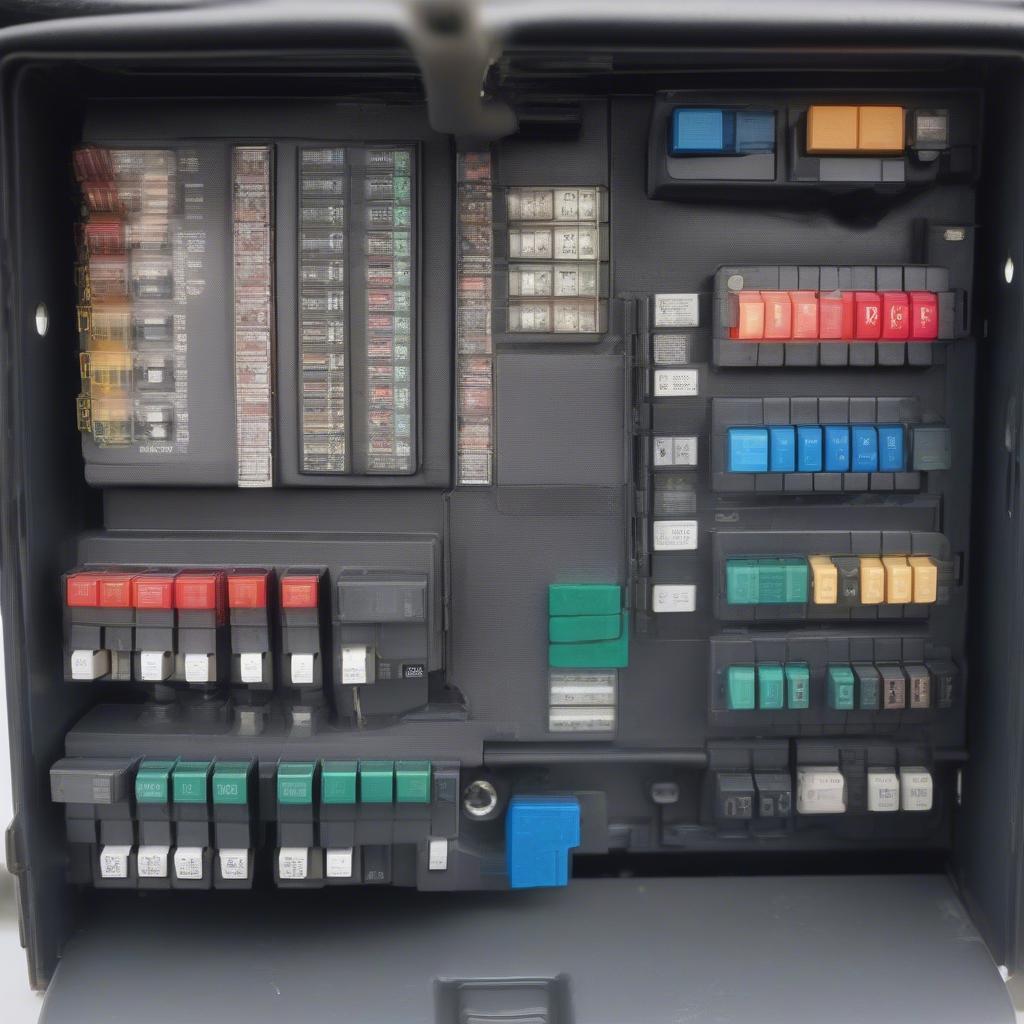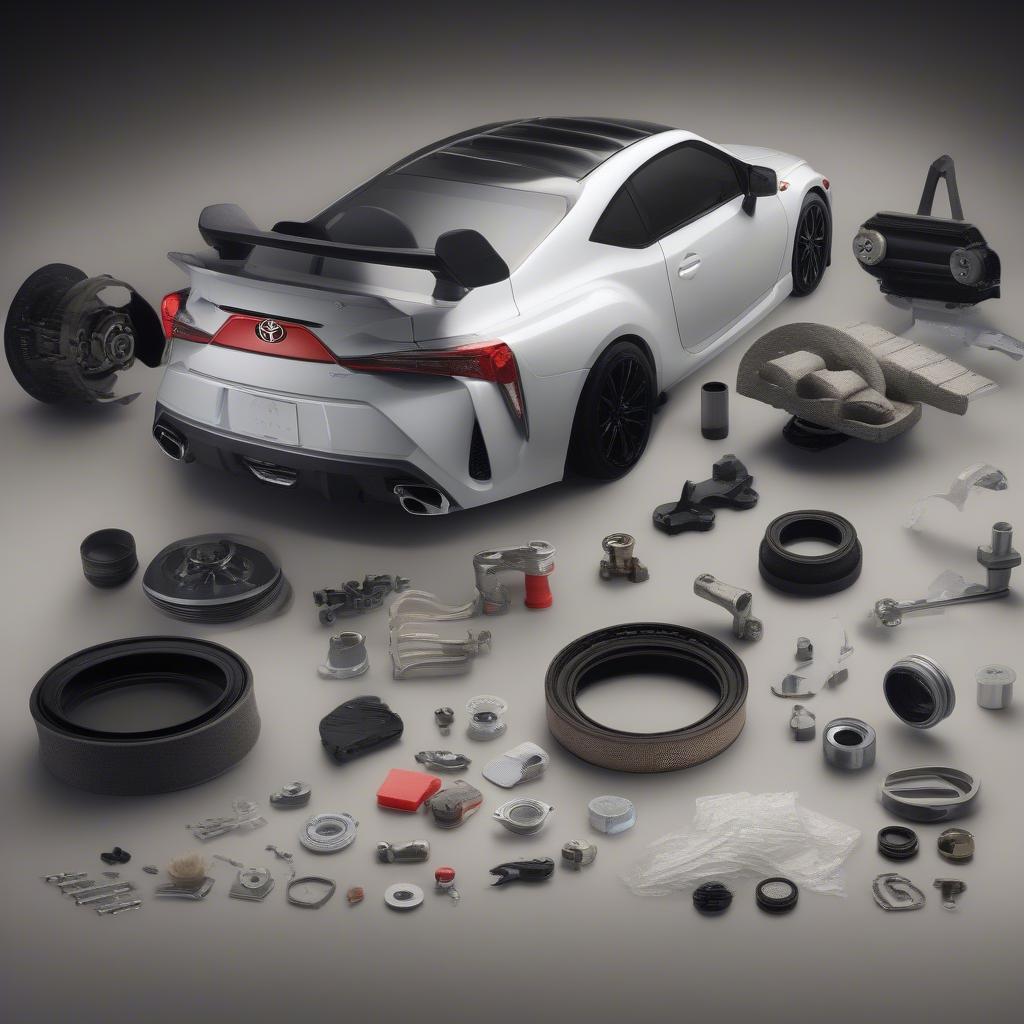Special Manufacturing is revolutionizing how industries produce components and products, offering tailored solutions for complex needs. This article delves into the intricacies of special manufacturing, exploring its benefits, applications, and future trends. We’ll uncover how this specialized approach delivers precision, quality, and innovation across various sectors, from automotive to medical.
What is Special Manufacturing?
Special manufacturing encompasses a wide array of processes designed to create custom-made parts and products with unique specifications. Unlike mass production, which focuses on high-volume output of standardized items, special manufacturing prioritizes precision and adaptability. This approach allows manufacturers to cater to specific customer requirements, producing complex geometries, intricate designs, and tailored functionalities. It is often employed when off-the-shelf solutions are unavailable or inadequate, enabling industries to push the boundaries of innovation.
Advantages of Special Manufacturing
Special manufacturing offers several key advantages:
- Customization: It allows for the creation of parts tailored to specific needs, unlike mass-produced components.
- Complexity: Handles intricate designs and geometries that traditional manufacturing methods struggle with.
- Quality Control: Focus on precision and stringent quality checks ensures high product reliability and performance.
- Innovation: Facilitates the development of cutting-edge technologies and solutions.
- Rapid Prototyping: Enables quick production of prototypes for testing and refinement.
For car service can benefit significantly from the advancements brought about by special manufacturing, ensuring high-quality and perfectly fitting parts.
Applications of Special Manufacturing in Different Industries
Special manufacturing finds applications in diverse sectors, including:
- Automotive: Creating customized car parts like engines, transmissions, and body panels.
- Aerospace: Producing high-precision components for aircraft and spacecraft, demanding rigorous quality standards.
- Medical: Manufacturing implants, prosthetics, and surgical instruments with intricate designs and biocompatibility requirements.
- Electronics: Fabricating specialized circuits, sensors, and other electronic components.
- Industrial Machinery: Developing customized machinery for specific manufacturing processes.
Special Manufacturing and the Automotive Industry
The automotive industry heavily relies on special manufacturing to produce high-performance and customized vehicles. This approach allows manufacturers to create parts with unique specifications, catering to specific needs for performance, fuel efficiency, and safety. From industrial gloves manufacturers providing specialized hand protection during the manufacturing process to electrical components manufacturing company developing innovative parts, the automotive sector relies on a complex network of special manufacturing processes.
“Special manufacturing is crucial for achieving the level of precision and customization required in modern vehicles,” states automotive engineer, Dr. Anh Tuan Nguyen. “It enables us to push the boundaries of automotive engineering and design.”
Future Trends in Special Manufacturing
The future of special manufacturing is marked by several exciting trends:
- Additive Manufacturing (3D Printing): Enabling faster prototyping and production of complex geometries.
- Automation and Robotics: Increasing efficiency and precision in manufacturing processes.
- Artificial Intelligence (AI): Optimizing production parameters and predicting maintenance needs.
- Sustainable Manufacturing: Minimizing environmental impact by using eco-friendly materials and processes.
Medical glove companies also utilize special manufacturing processes to meet the exacting demands for sterility and precision in their products.
Special Manufacturing and Sustainability
As environmental concerns grow, special manufacturing is increasingly focusing on sustainability. This includes utilizing recycled materials, reducing waste, and optimizing energy consumption. Industrial machinery manufacturers are developing new technologies that minimize the environmental footprint of manufacturing processes.
“The integration of sustainable practices in special manufacturing is not just a trend, but a necessity,” comments environmental consultant, Ms. Lan Huong Pham. “It’s about creating high-quality products while minimizing our impact on the planet.”
Conclusion
Special manufacturing offers a powerful approach to producing high-quality, customized products that meet specific needs across diverse industries. By embracing innovation and incorporating future trends, special manufacturing will continue to play a critical role in shaping the future of manufacturing. As the demand for tailored solutions continues to rise, special manufacturing stands poised to become an even more integral part of the global industrial landscape.


